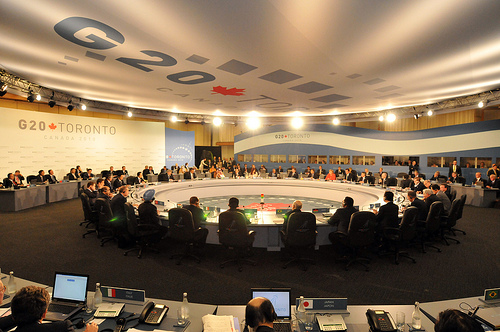
This article was originally published by the European Council on Foreign Relations (ECFR) on 26 July 2017.
Here we compare the parties’ positions on the four core EU policy domains: common security and defence, migration, financial, and trade policy.
How does Europe feature in the German elections? How do Chancellor Angela Merkel’s Christian Democrats (CDU), Martin Schulz’ social democrats (SPD), the Greens (Bündnis90/Die Grünen), the business-friendly free democrats (FDP), the left party (Die Linke), and the right-wing Alternative for Germany (AfD) aim to reshape four core EU policy domains: common security and defence, migration, financial and trade policy? A comparison of their election manifestos provides some first answers to these questions.
Nearly all established parties running for the coming Bundestagswahl on 24 September have adopted a narrative that combines a pro-European outlook with an emphasis on the need for European reforms. Only the Eurosceptic AfD bucks the trend with its calls for a ‘Dexit’ referendum.

